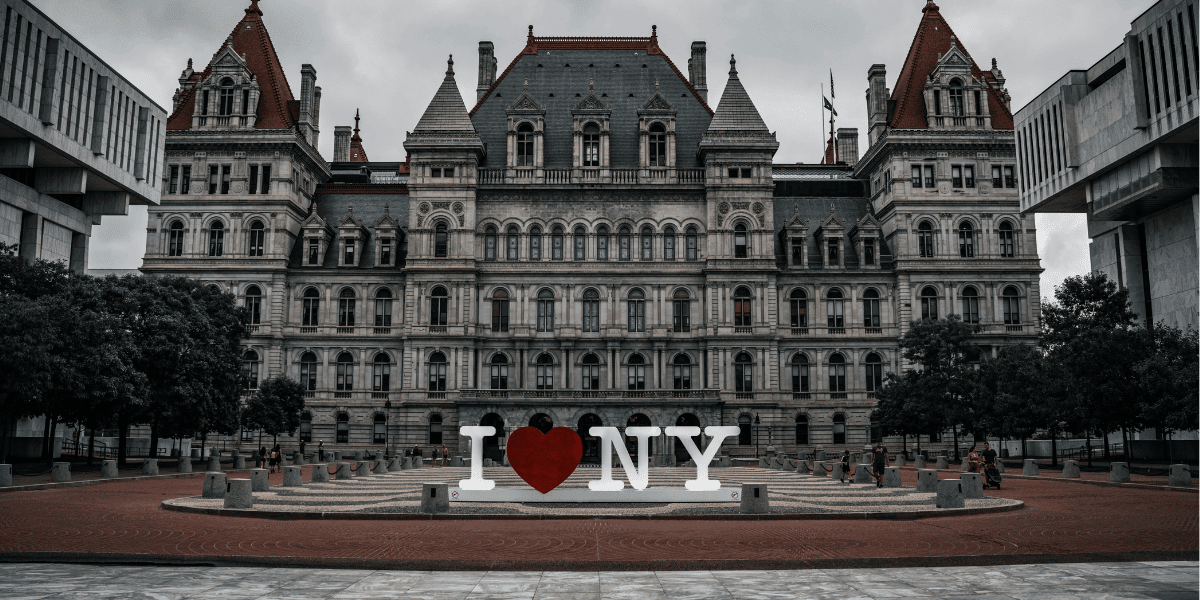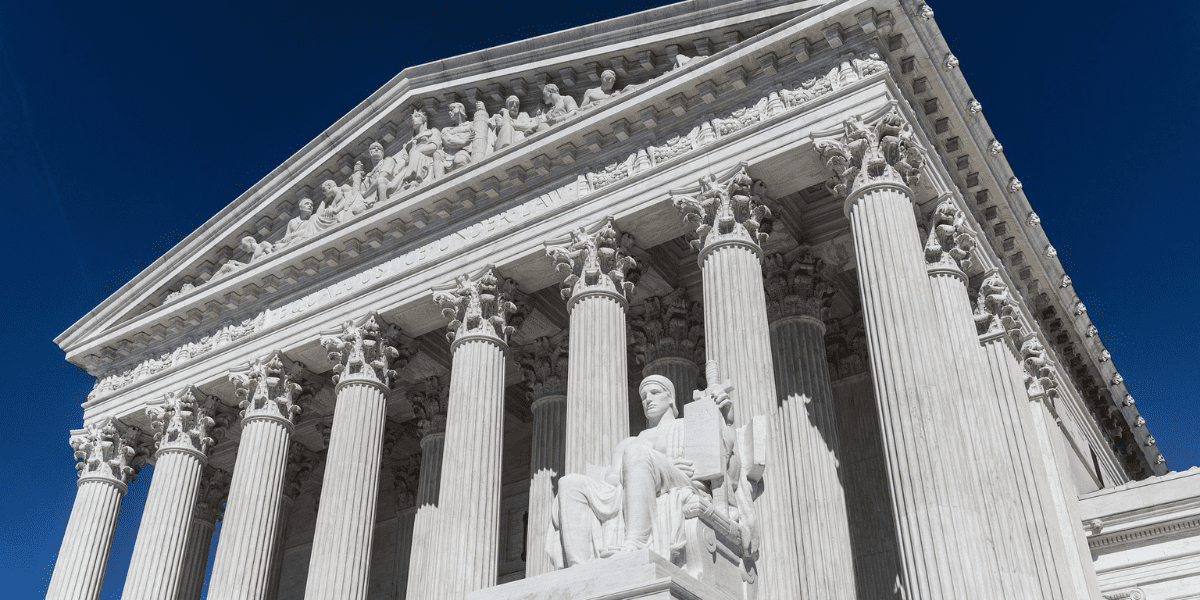News reports of adverse conditions at federal prisons, including lack of heat at the Metropolitan Detention Center in Brooklyn (MDC Brooklyn) earlier this year, have had defense attorneys and prisoners’ advocates up in arms about the poor conditions that inmates often are forced to tolerate.
But what about the well-being of federal employees who work at MDC Brooklyn, or any of the other 121 prisons run by the Federal Bureau of Prisons (BOP) who number nearly 36,000?
No employee should be subjected to adverse working conditions, such as the frigid temperatures and darkness that resulted in the midst of the federal government shutdown, prison equipment failures and a fire that damaged the electrical grid on January 27 at MDC Brooklyn. Advocates for inmates and prison workers suggest that the poor conditions in that prison are just one example of dangerous or unhealthy conditions occurring in many federal prisons nationwide.
“[S]adly, this incident does not surprise me in the least. This was a looming crisis in Brooklyn and exists nationwide,” said Eric Young, president of the Bureau of American Federation of Government Employees Council of Prison Locals (AFGE) in a news release. “Working behind prison walls guarding some of our country’s most dangerous inmates is hard enough. But between the understaffing and underfunding of facility repairs, it’s becoming nearly impossible to maintain good order and security in our nation’s prisons without distractions of aging infrastructure.”
At another federal prison complex near Fresno, California, for example, the health of staff and inmates was compromised due to a broken air conditioning system during a record-breaking heat wave and toxic mold growth in the prison allegedly led to respiratory illnesses among prison staff in 2018. That instance triggered multiple federal investigations.
Whistleblowing
Do guards and other prison staff have any recourse if they are subject to unhealthy or unsafe conditions at the federal prisons in which they are employed? Fortunately, federal employees, including federal prison employees, can report, or “blow the whistle,” on unsafe conditions and cannot, by law, be retaliated against for doing so, thanks to the Whistleblowing Protection Act.
Whistleblower rights and protections for federal employees were first addressed by the Civil Service Reform Act of 1978. The Whistleblower Protection Act was passed by Congress in 1989 to improve the protection of rights of federal employees, to prevent reprisals and help eliminate wrongdoing within the government.
The Act clarifies the procedure by which employees can report wrongdoing and workplace retaliation and separated the Office of Special Counsel (OSC) from the Merit Systems Protection Board, thereby empowering the OSC to represent whistleblowers.
According to the OSC, protected whistleblowing is defined as disclosing information that the individual reasonably believes shows:
- a violation of law, rule, or regulation;
- gross mismanagement;
- gross waste of funds;
- an abuse of authority; or
- a substantial and specific danger to public health or safety.
Other options for federal employees include contacting the U.S. Office of Special Counsel (OSC) or the Office of Inspector General (OIG). They should consider obtaining the advice of a knowledgeable employment attorney to determine the most appropriate way to report adverse incidents. Federal employees, with the assistance of their attorneys, can also contact their union to determine whether there has been any violation of the collective bargaining agreement, which could indicate a potential grievance.
Federal employees who are retaliated against for reporting workplace safety issues can file complaints with the U.S. Department of Labor’s Whistleblower Protection Program, overseen by the Occupational Safety and Health Administration (OSHA).
The Whistleblower Protection Program enforces the whistleblower provisions of more than 20 whistleblower statutes protecting employees who report violations of various workplace safety and health issues, according to OSHA.
Federal employees should be aware of their rights in the event they bring to light unsafe working conditions, particularly if they are subject to discipline or retaliated against for doing so. Further, federal employees who are concerned about retaliation, and therefore do not take any action, should know that endangering the safety or causing injury to staff, inmates, or others through carelessness could itself lead to disciplinary action. A knowledgeable federal employment attorney can assist employees with their claims and respond to potential retaliatory disciplinary actions.






